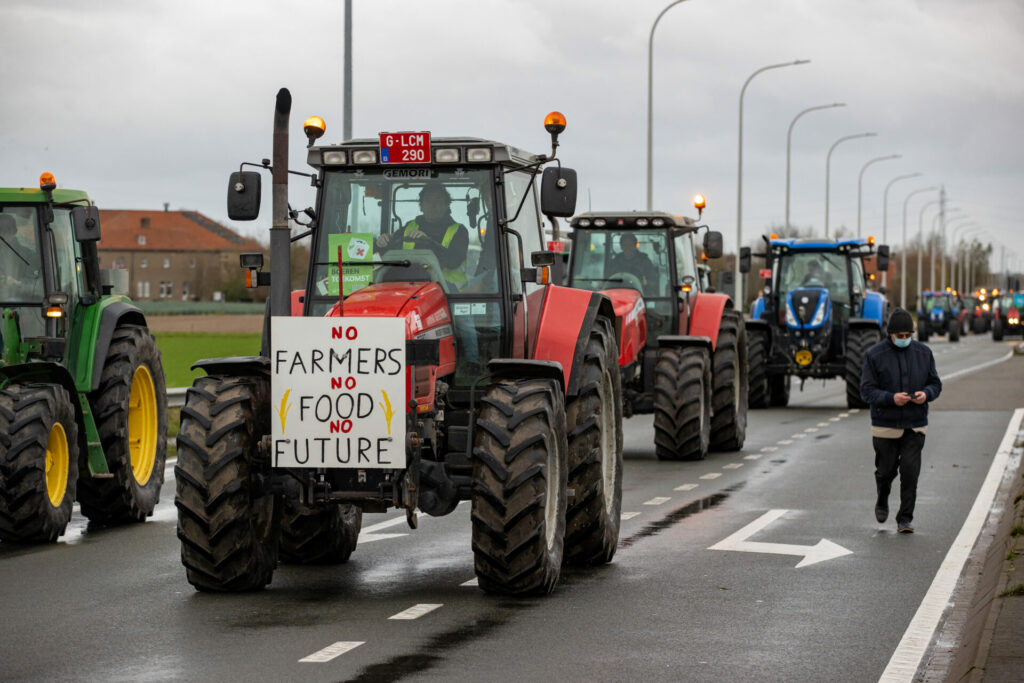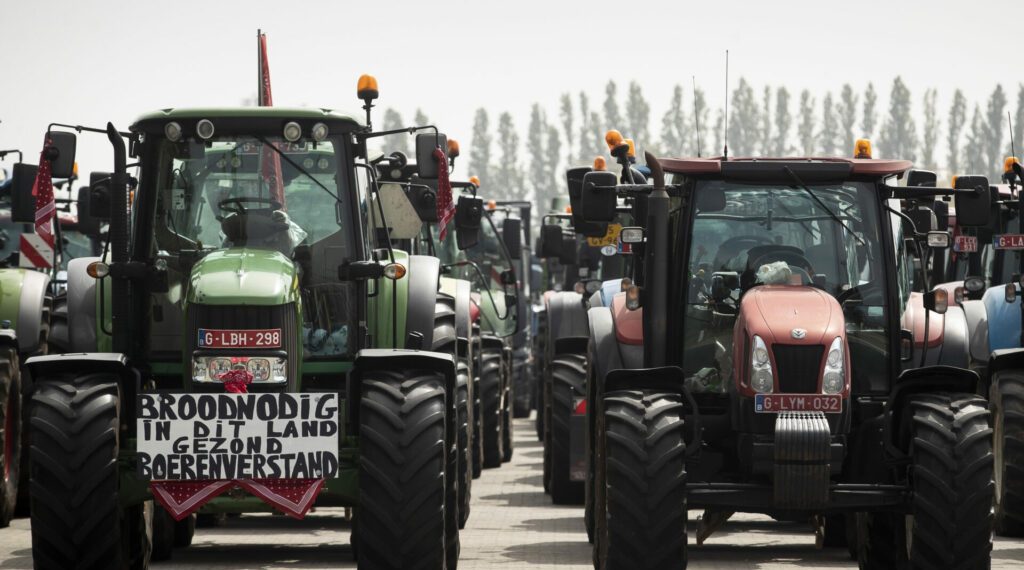The port of Antwerp, a major European hub for container shipping, faced significant disruption as hundreds of protesting farmers on tractors blocked access roads in a demand for improved pay and working conditions.
This protest, echoing similar actions across France, Belgium, and the Netherlands, underscores broader concerns among farmers regarding environmental regulations and competition from cheaper imports.
Stephan Van Fraechem, representing the association of port companies Alfaport VOKA, highlighted the extent of the disruptions, with halted freight deliveries and delayed employee access causing significant financial losses for companies operating in the port.
These disruptions compound existing challenges caused by recent attacks on vessels in the Red Sea, diverting shipping traffic away from the Suez Canal and forcing longer alternate routes.
The blockade at Antwerp port exacerbates supply chain disruptions, as vessels operating on altered schedules struggle to unload cargo. Roads around the port were blocked at multiple points, leading to traffic disruptions and long queues of trucks attempting to enter or exit the port.
Meanwhile, in France, the head of the country’s largest farming union, FNSEA, warned of potential renewed protests if the government fails to address farmers’ demands for improved pay and working conditions. Last month, farmers across France staged protests, blocking highways to draw attention to their grievances.

The ongoing protests highlight the deep-seated concerns among farmers regarding their livelihoods and the challenges they face in an increasingly competitive and regulated environment.
As farmers continue to advocate for their rights and interests, the disruptions at Antwerp port serve as a stark reminder of the interconnectedness of various sectors within the economy and the potential ripple effects of social unrest.





